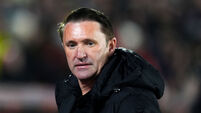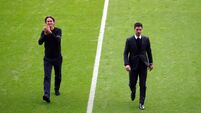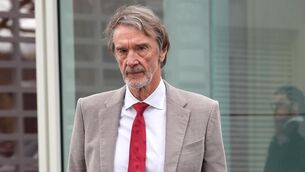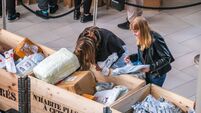Sponsorship saga has to end for FAI as Boys in Green await backer
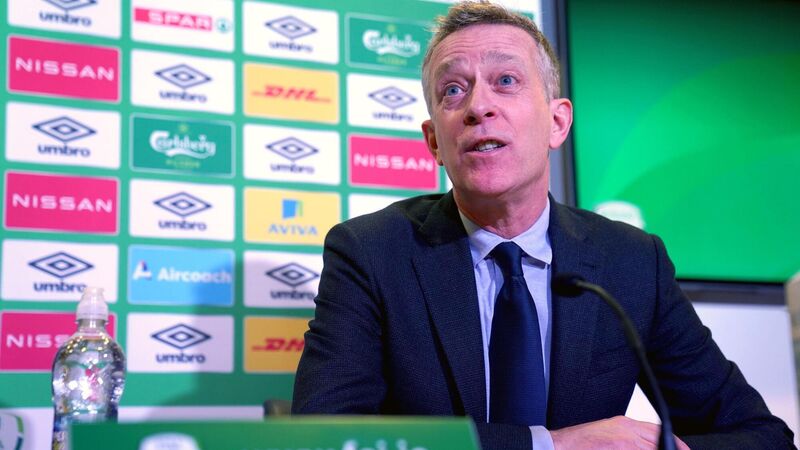
FAI chief executive Jonathan Hill has extensive commerical contacts but it has yet to result in a backer for the men's international team. Picture: Brian Lawless/PA Wire
When Ireland begin the international calendar year with a glamour friendly against Belgium next week, there’ll be one notable absentee which is becoming increasingly difficult to comprehend.
The apparel which Stephen Kenny’s players sport in training at Abbotstown from Monday will be devoid of a brand, two years on from mobile operator Three disconnecting their decade-long sponsorship.





